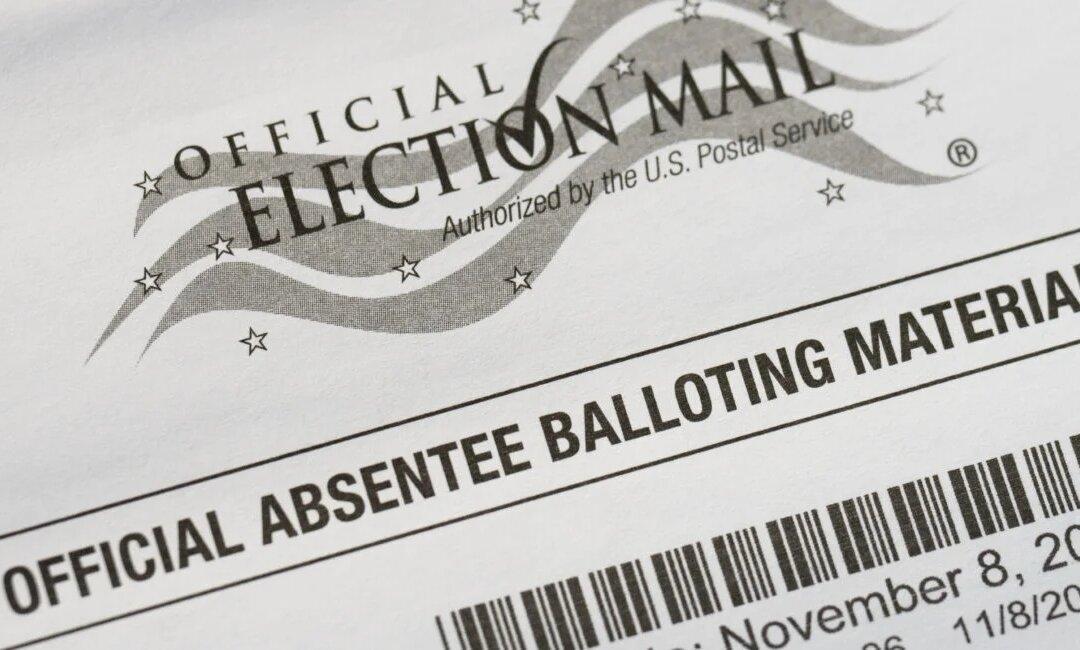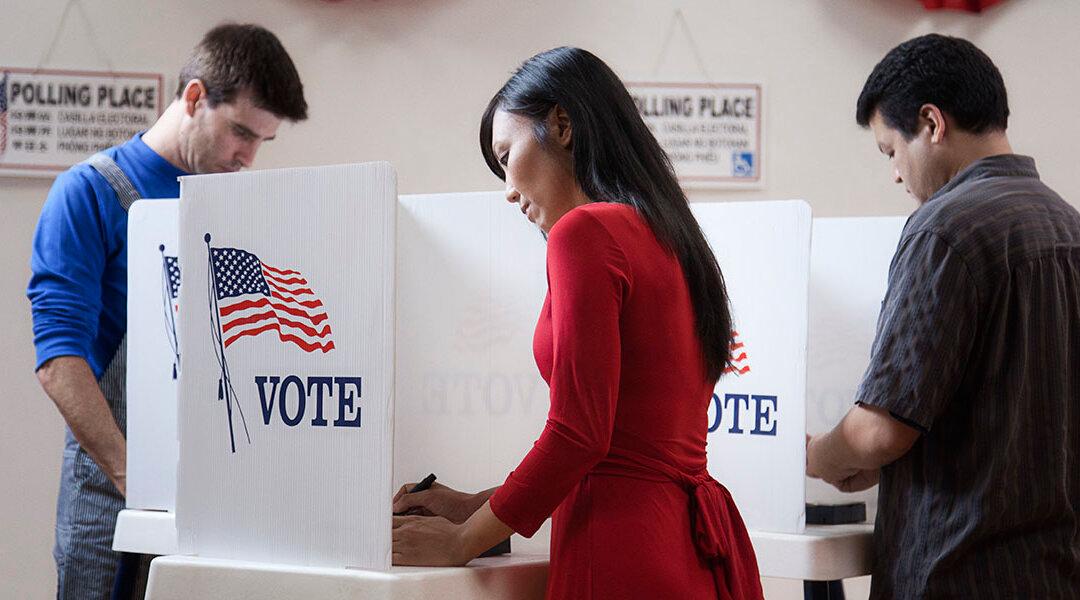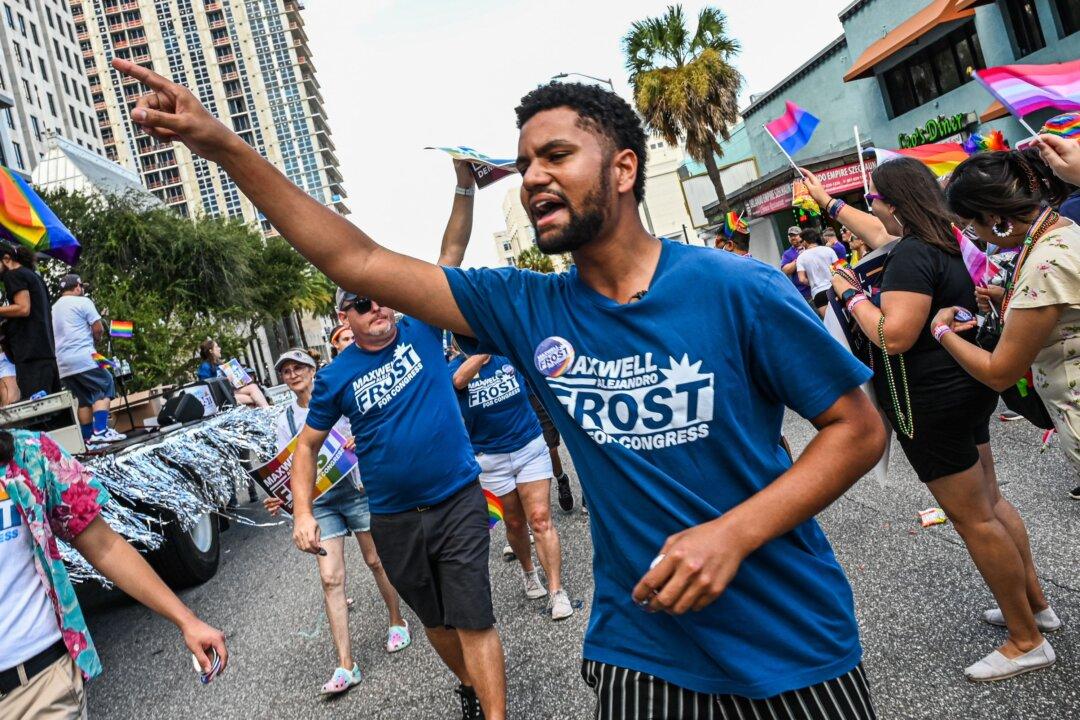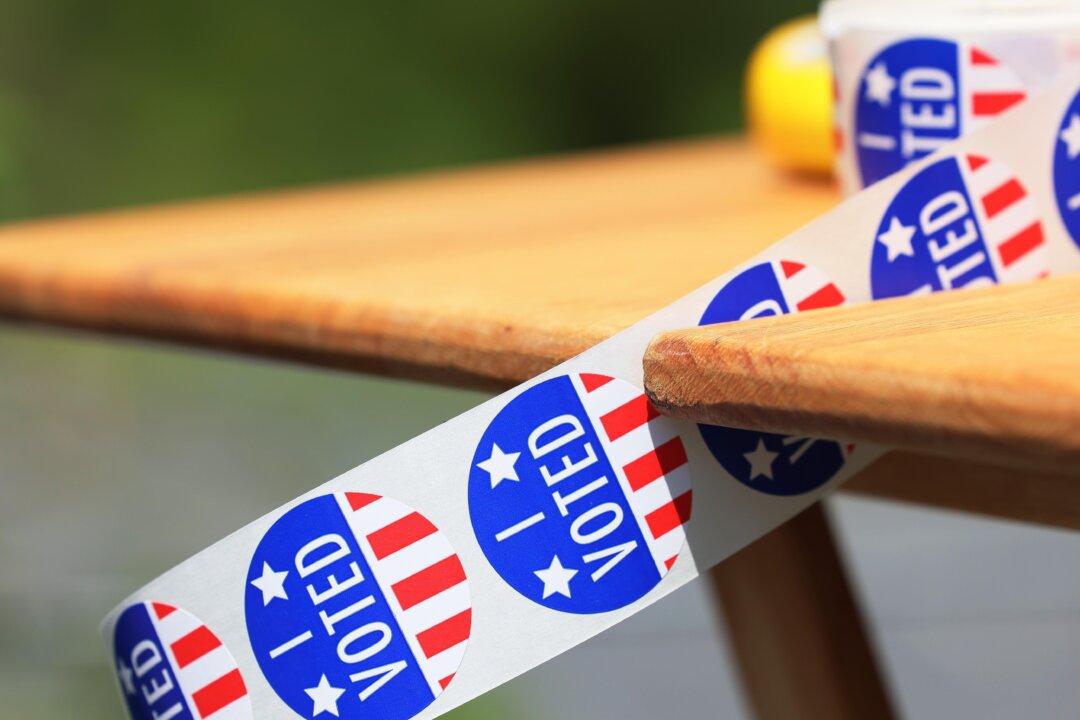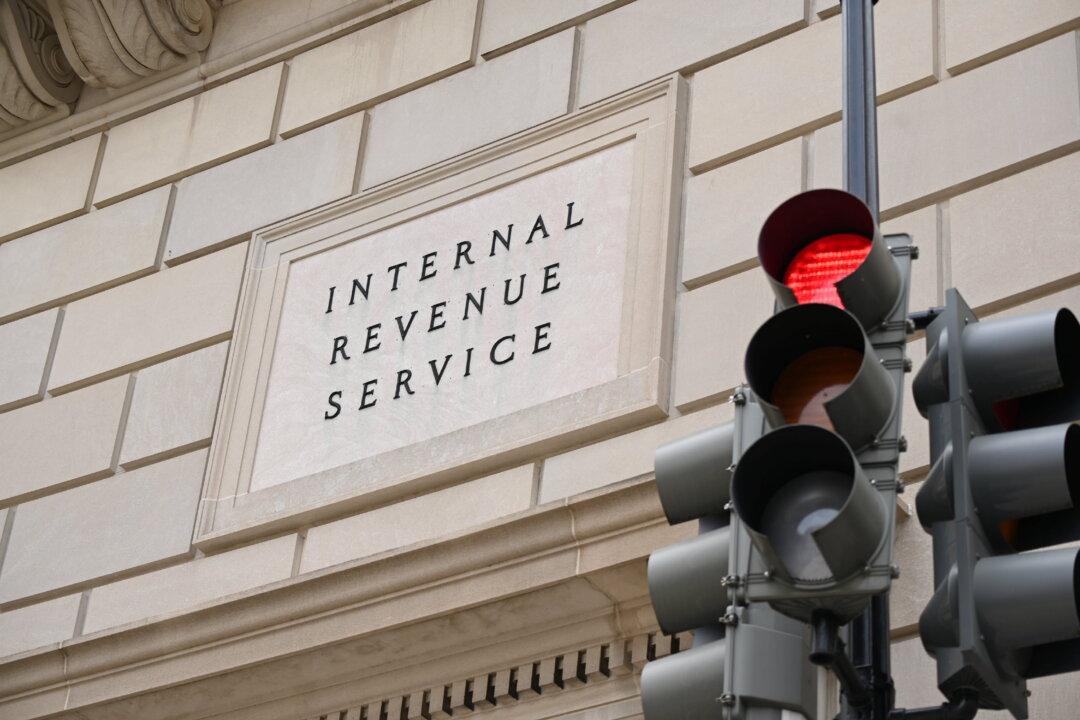This is an adapted excerpt from Fred Lucas’ new book “The Myth of Voter Suppression: The Left’s Assault on Clean Elections,” now out from Bombardier Books.
The paid operatives are sometimes called “ballot brokers.” In Florida, they were known as “boleteros,” and in Texas they were called “politiqueras.” Both of these states passed laws to ban ballot harvesting after significant scandals.
